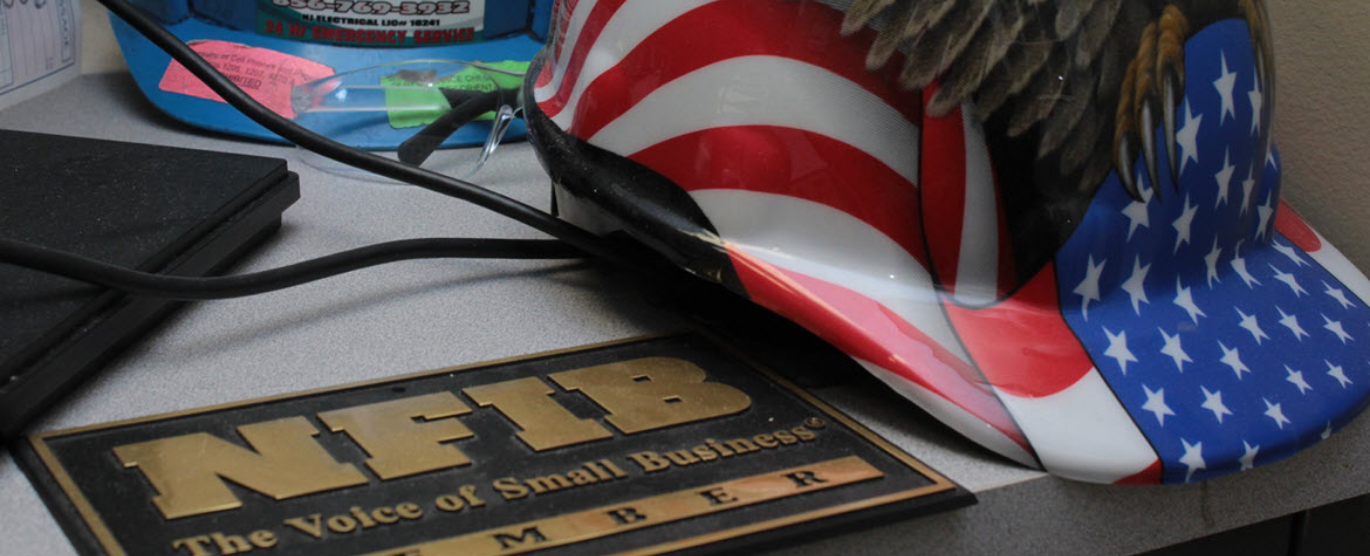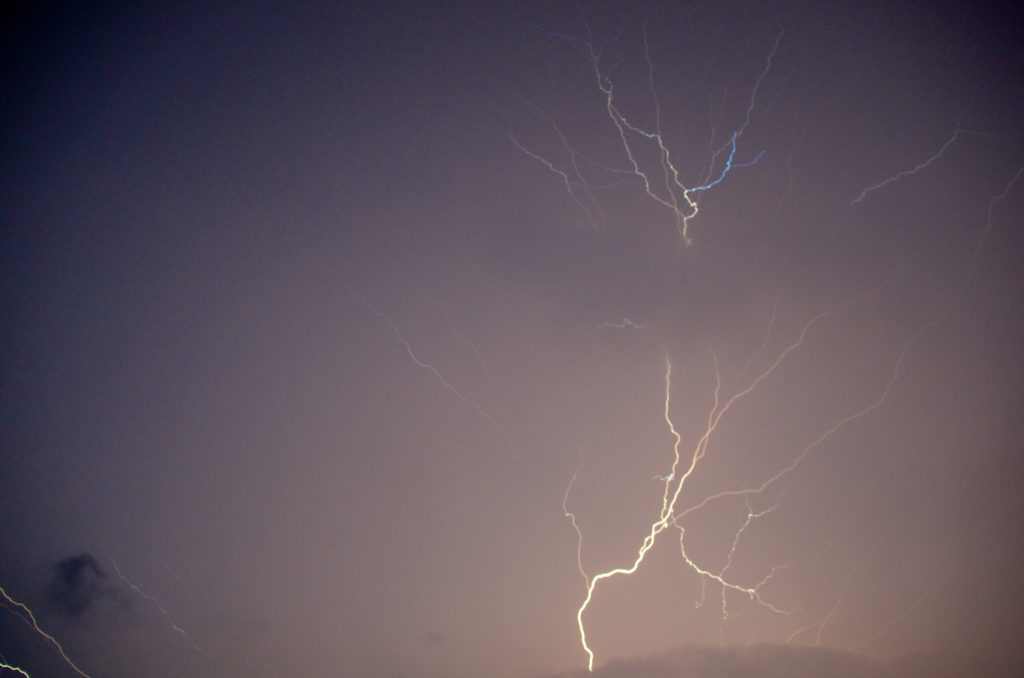Each season brings its own risks for electrical outages. Summer brings thunderstorms and electrical storms, fall brings hurricanes and the high winds of tropical storms, winter brings blizzards and nor’easters, and spring can bring heavy rains and flooding. And of course, none of these weather events feel obligated to wait until the right season to hit.
Prolonged power outages are a problem for everyone, but they can have an especially bad effect on small businesses. While larger businesses and corporate chains have other locations to pick up any lost business at one location, a small business that’s off the grid if out of the money as well.
That’s why protecting your business with an electrical generator can be critical. A serious storm can leave your business off line for days, depending on the damage. A full week after Hurricane Sandy hit in 2012, more than 1.3 million customers from Virginia to Connecticut were still without power.
When it comes to deciding on installing a generator, you’ll have to assess your business needs. If you’re in the food or restaurant business, for example, you count on refrigeration to protect your stock.
But most businesses these days also count on digital and computer systems to make transactions and store information. If your office system is down, can you still access it from a remote location? Can you still do business if the purchasing and register system is down? If you can’t access inventory lists?
Can you really afford not to have one?
If you decide you do need a generator, the first question you need to ask is what type of generator you need.
There are two basic types of generators.
Portable generators run on gasoline or diesel and have to be manually started once a power outage occurs. Their advantage is that they can be moved easily to places where power is needed.
Business owners should consider an automatic, or standby, generator which is permanently connected to a building’s electrical system. When the power shuts down, those generators automatically detect the problem and restore power to the building.
A standby generator monitors whether the building is receiving electricity. If it senses an outage, the unit’s automatic transfer switch will turn the generator on, and it will run until power returns. Most units run on diesel, natural gas or liquid propane gas.
At Eric Krise Electrical, we offer KOHLER generators and can help determine the size generator you’ll need for your business and its installation specifications. Commercial generators are available that can power everything from industrial freezers and security systems to gas pumps and heat/air-conditioning.
Safety comes first in all electrical installations and business owners will have to adhere to building codes and schedule regular maintenance for the unit. It’s also a good idea to regularly test your generator to make sure it is in working order.
For a detailed estimate, contact Eric M. Krise Electrical. We can analyze your business’s (or home’s) electrical load and specify and install your generator system. We’d be happy to talk to you. Our number is 856.769.3932.




